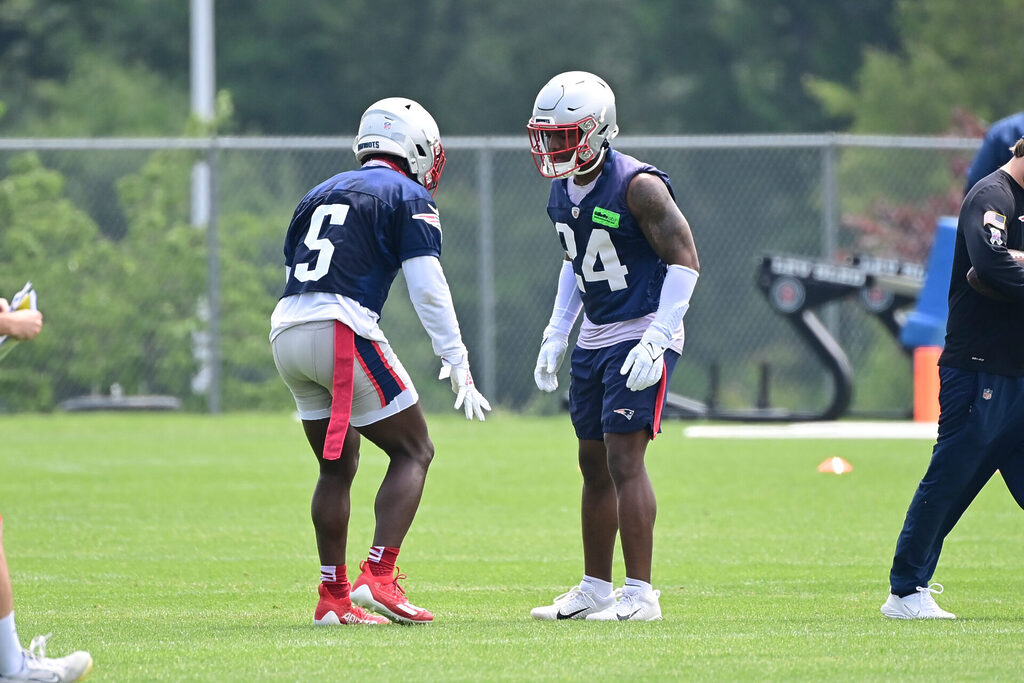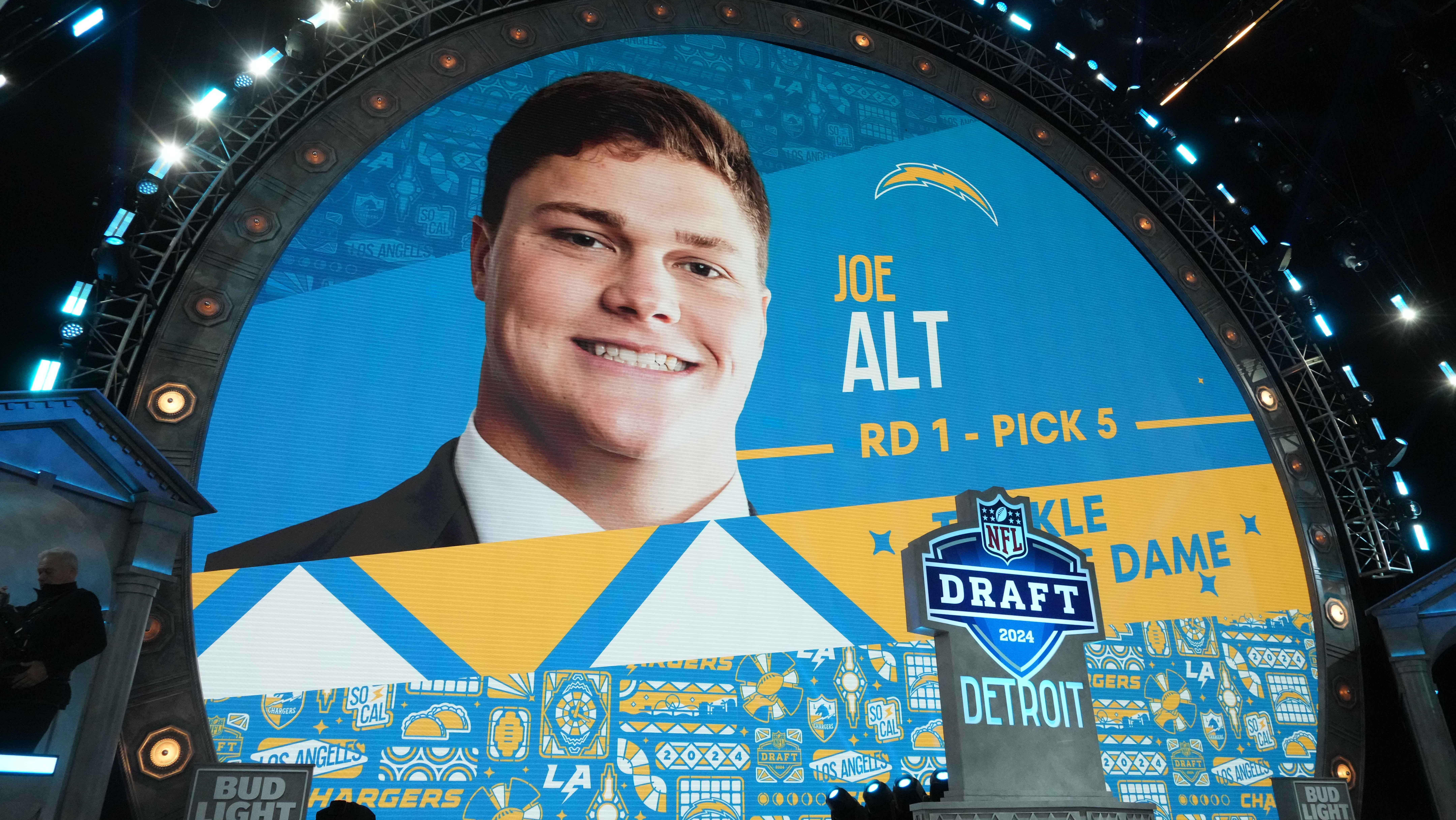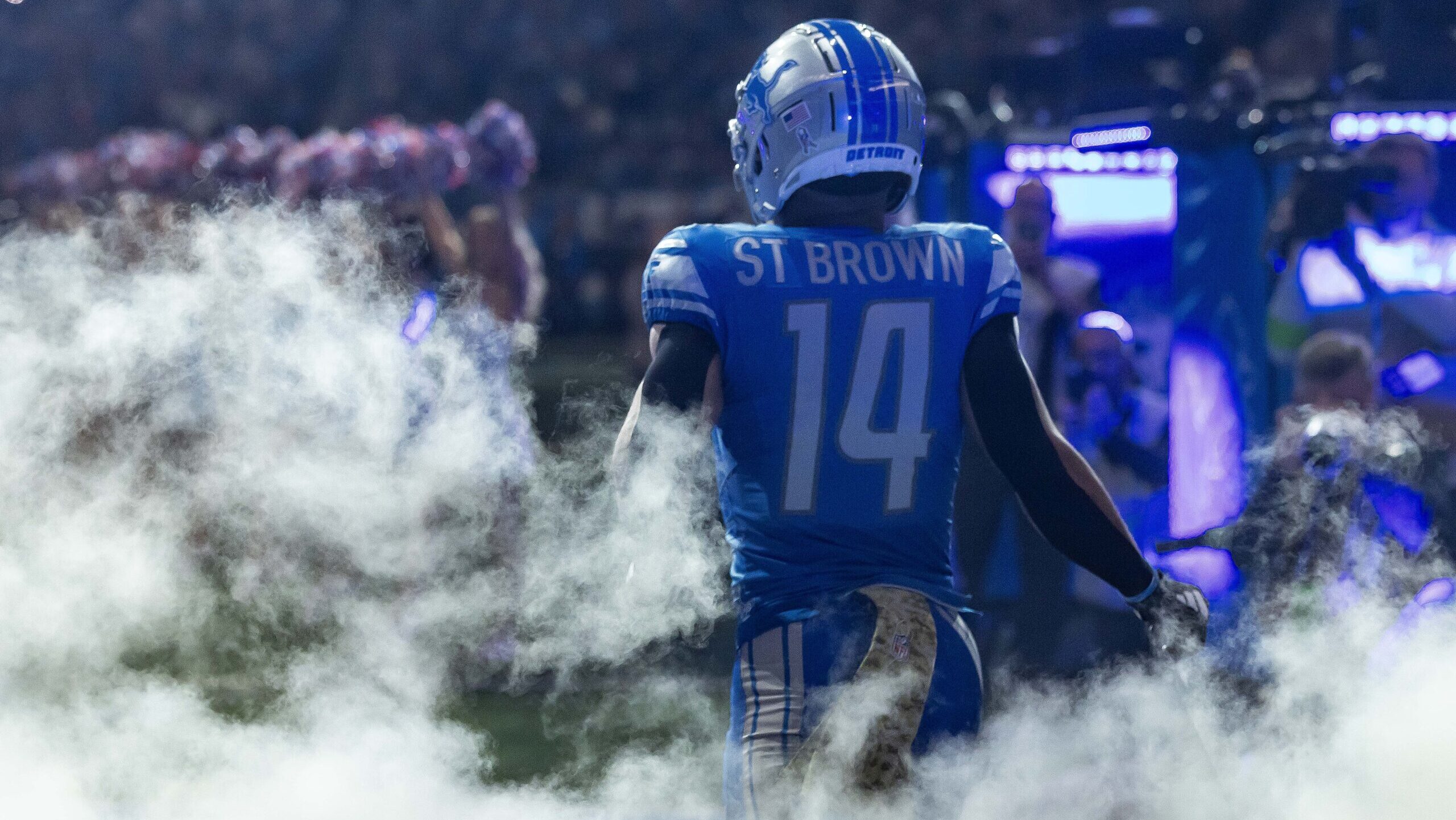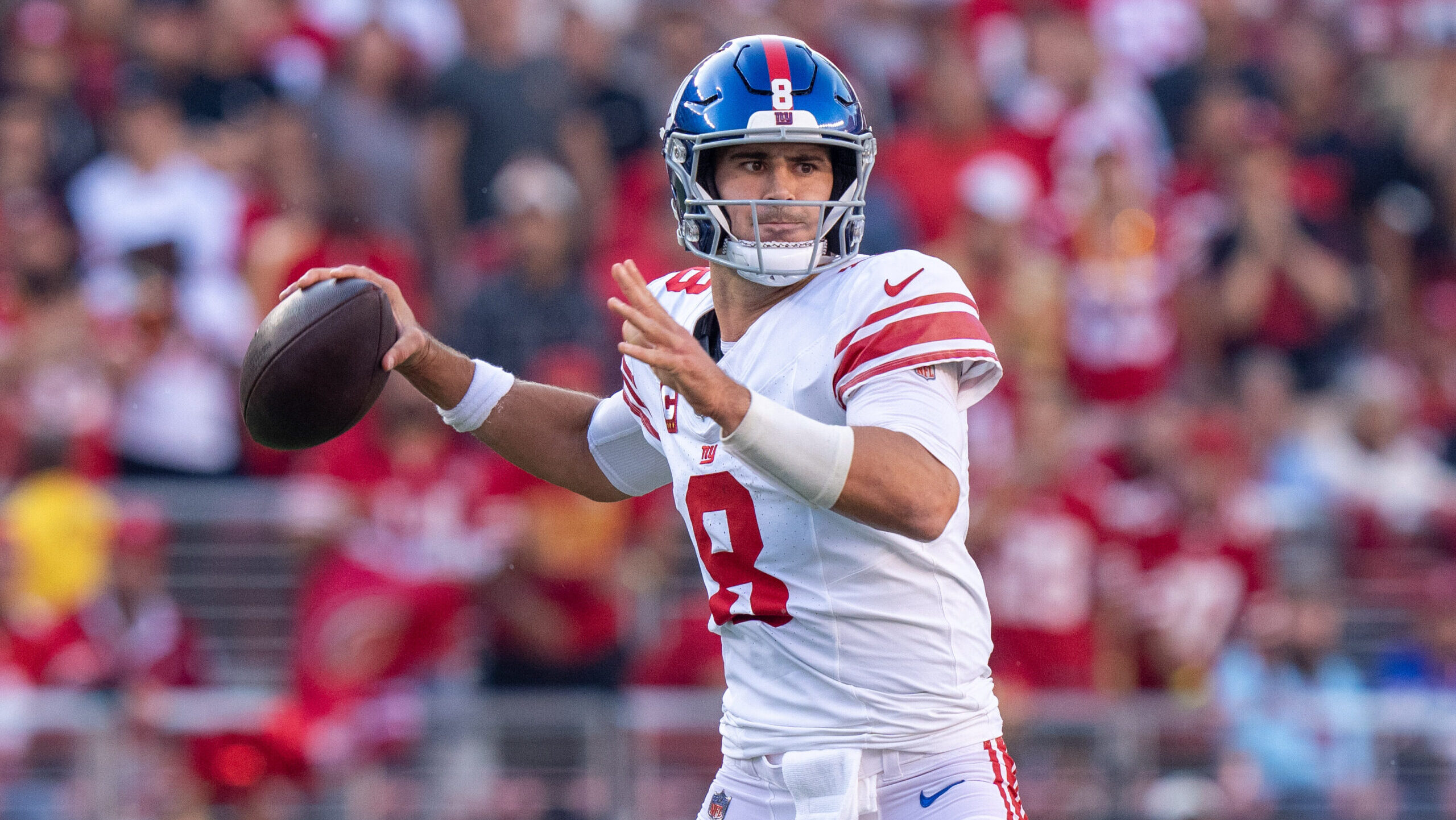Analysis
6/20/23
6 min read
NFL Dead Period Gives Players Chance for Differentiation

“You’re going to have more friends than you’ve ever had before in your life. You need to be smart and remember what you’re trying to accomplish.”
I still remember veteran center Cory Raymer saying that to all of us rookie offensive linemen in Washington after the last OTA practice in June 2001.
And you know what? He was 100 percent right.
Going back to my hometown, it was definitely cool to get the attention and kudos that go along with being an NFL player, especially for the first time. But fortunately, I was keenly aware that it was a very temporary position and that I needed to do everything I possibly could to get ready for training camp so that I could be an NFL player who actually made the team.
The impact of that time and the mindset I returned to camp with resonated with me throughout my career. It still does.
What if I told you the “dead” period on the NFL calendar, which began across the league this week, was actually a significant differentiator among NFL players?
Believe me, it is. I’ve seen it firsthand and have the stories to prove it.
A True — but Short — Offseason
“We really are in the six-week, true offseason for NFL players and coaches and, to a lesser extent, NFL administrators and execs,” former Green Bay Packers vice president of player finance Andrew Brandt told me recently on The Ross Tucker Football Podcast.
This is the only time NFL coaches can get away from work and take vacations with their families. As for the players, there is an inherent conflict — actually, multiple conflicts — that go on during this window between the end of the offseason program and the start of training camp.
On the one hand, this is their last window of free time before they “go into the submarine” of the NFL season, as some guys used to say. That’s because, with the exception of maybe a day or two during the bye week, there was not a single day from when training camp began in July to when the season ended in January that I did not enter the team’s facility or have other team-related duties in a hotel while we were on the road or whatever.
Every. Single. Day.
Even the mandated “off day” for an NFL player, typically on Tuesdays, was a day to work out, get treatment, get a head start on the next opponent, etc. It was a workday, just on your own time rather than the coaches’.
That’s not a complaint. That’s just the reality of life in the NFL. You get paid plenty to do it. That’s meant to illustrate why some guys get in trouble off the field or, more commonly, come back to training camp in worse shape than when they left the team in June.
What would you do if you were young, single, wealthy, in your 20s and had the last few weeks to enjoy yourself before going “into the submarine” for six months?
I remember one teammate gained over 40 pounds during this six-week period and reported to training camp at 388 pounds! Another must have done nothing but eat and drink because he returned at 408 pounds and contemplated retirement (aka quitting) during the first couple of days of camp.
Coming back out of shape isn’t a death knell to a player or a team’s season, but it makes things much harder. Even if the media isn’t aware of the importance of this period and there’s not a lot of “news” to report on this time of year, coaches and players know how crucial it is.
Consider what Los Angeles Chargers head coach Brandon Staley said recently about cornerback J.C. Jackson, who is coming back from an injury suffered last season: “This summer will be really important for him.”
By summer, Staley means the “dead period,” because once camp starts, it’s not summer anymore. It’s time to get to work, and Jackson needs to be ready to go. He’s got six weeks to get there.
Working Out on Their Own
When asked recently about his message to his players before the break, Philadelphia Eagles head coach Nick Sirianni echoed some of those same sentiments: “You want them to come back in great shape, and you want them to make sure they’re doing the right things off the field.”
Of course, the coaches want that. But in my experience, that is easier said than done. It takes a lot of willpower to make sure you work out at the level you need to during this time. For some players, they either don’t know how to or simply can’t motivate themselves to do that on their own.
That’s the biggest change from the way things used to be to the way they are now. Back when I played, most guys would go back to their hometowns and train by themselves or with local college or high school kids. That’s what I always did. Now, a lot more players go to training centers during this time, which is a positive but creates its own set of issues.
“The fitness part of [the dead period] is an interesting sidelight,” Brandt told me, “even more exacerbated by fitness regimens away from the team where they could suffer an injury doing something our strength and conditioning staff said they should not be doing.
“One guy was lifting boulders, strong man stuff, and got injured. … I threatened if he was unable to play, we weren’t going to pay him, we’d put him on NFI [Non-Football Injury List].”
This is why teams invest so much time and energy into identifying the character of prospective players on and off the field before the draft. Do they love football? More importantly, do they love the process of getting better at football? Can they be trusted to do the right things when nobody watches them?
We’ll find out soon enough just how many players on your team can answer yes to all three of those questions.







